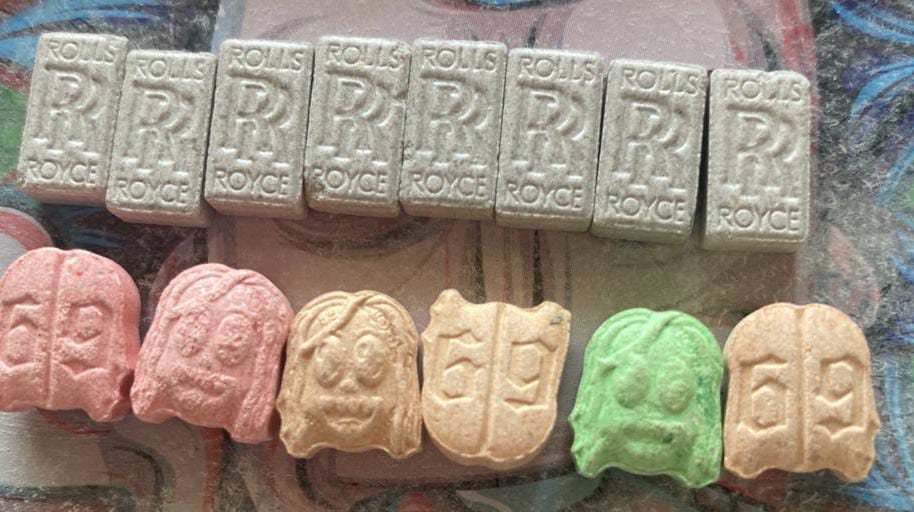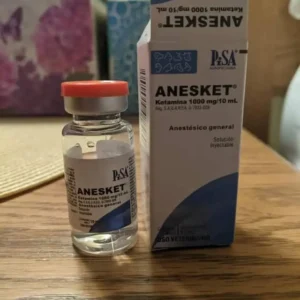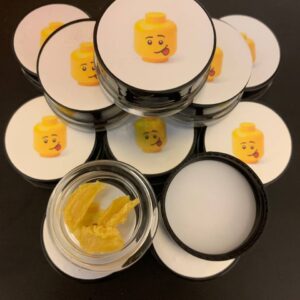Understanding Medication’s Role:
Healthcare providers commonly prescribe medications to alleviate symptoms by targeting neurotransmitters like serotonin and dopamine, essential for mood regulation. By rebalancing these chemicals, medications can reduce symptoms such as chronic worry, sadness, and fatigue associated it.
Medication Usage:
Medications do not cure anxiety or depression but act as tools to manage symptoms, often in conjunction with therapy for comprehensive care. Dosage adjustments and combinations may be necessary over time for optimal effectiveness.
Types of Medications:
Antidepressants like SSRIs and SNRIs can enhance serotonin and norepinephrine levels to alleviate depression symptoms. Benzodiazepines and beta-blockers may be prescribed for anxiety disorders to soothe the nervous system and address physical anxiety symptoms.
Benefits and Risks:
Medications can provide rapid symptom relief, improved mood, and enhanced quality of life. However, it is essential to consider side effects, dependency risks, and potential drug interactions. Regular monitoring and adherence to prescribed dosage are crucial for achieving positive outcomes.
In conclusion, the use of medications in treating anxiety and depression plays a crucial role in helping individuals manage their symptoms and improve their overall well-being. As discussed by professionals in the field, medications such as SSRIs, SNRIs, and benzodiazepines can be effective in reducing symptoms of anxiety and depression when used in conjunction with therapy and lifestyle changes. and can be a valuable tool in managing depression, they should be used as part of a comprehensive treatment plan that includes therapy, self-care practices, and support from loved ones.By taking a holistic approach to treatment, individuals can work towards achieving long-term mental health and well-being.it is essential for individuals to work closely with their healthcare providers to monitor their progress and adjust their treatment plan as needed.

























